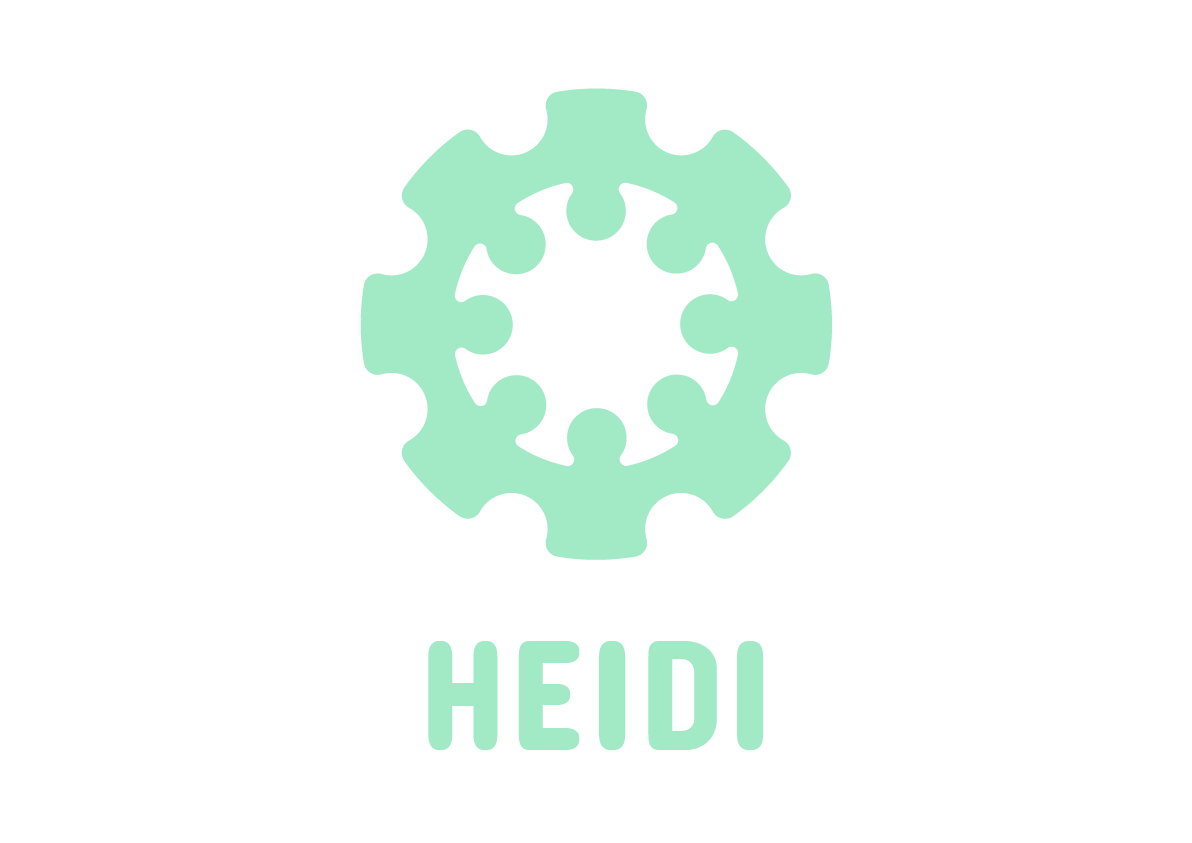Webinar: Community and voluntary organisations training ‘Skills for Digital Action’

As part of our commitment to upskilling voluntary and community groups, Alice Sheppard at UCL ran a webinar specially aimed at non-researchers. As “digital skills” was probably not a familiar term to many members of the public, the webinar was named in full “Digital Skills Training:Getting Started in Citizen Science” and described as “An interactive webinar to gather skills for citizen science in the voluntary sector”. We invited multiple voluntary organisations such as wildlife charities and community groups with a focus on campaigning or training. Researchers, of course, were also welcome to come and, as always, all participants were invited to participate. To accommodate a wide range of backgrounds and expectations (including participants’ own digital skills and confidence), a range of participation methods was made available, including contributing to a Padlet (to which all participants were sent a link after the webinar to download in PDF format, as a resource they could come back to) and participation in breakout rooms towards the end. However, Alice also told participants they were free to simply listen!
Alice began by introducing what citizen science is (examples of projects and the range of purposes and participation methods), then introducing the HEIDI Project. She then gave examples of how the voluntary sector in particular uses citizen science – for wildlife monitoring, or for tracking of built-in obsolescence in electronic appliances – and then put up the slide: “Do you want to start a citizen science project?” This slide contained the need for time to create a digital interface and to recruit participants, and then went on to some basic citizen science tips, such as frequent communication, breaking the process into small tasks, trying out a well known platform, and trying out a pilot study. She showed some of these well known platforms such as Zooniverse and nQuire as a starting point.
She also showed some of the results of the HEIDI Project’s roundtables in terms of what HEI staff, students and members of community and voluntary organisations felt they needed for digital upskilling, all of which were relevant to starting a citizen science project (though of course other forms of digital action were not ignored).
Finally we imagined three scenarios where a citizen science project has been set up, but something has gone wrong (for example, people don’t want to switch to a more digital system of reporting!), and participants could choose their breakout room to discuss their favourite scenario. It turned out nobody wanted to “just listen in” but everyone wanted to participate. Alice is very grateful to Heather at UM and Nicolle at UCL for helping run these breakout rooms as well as with the event, which had over 60 registrations!

